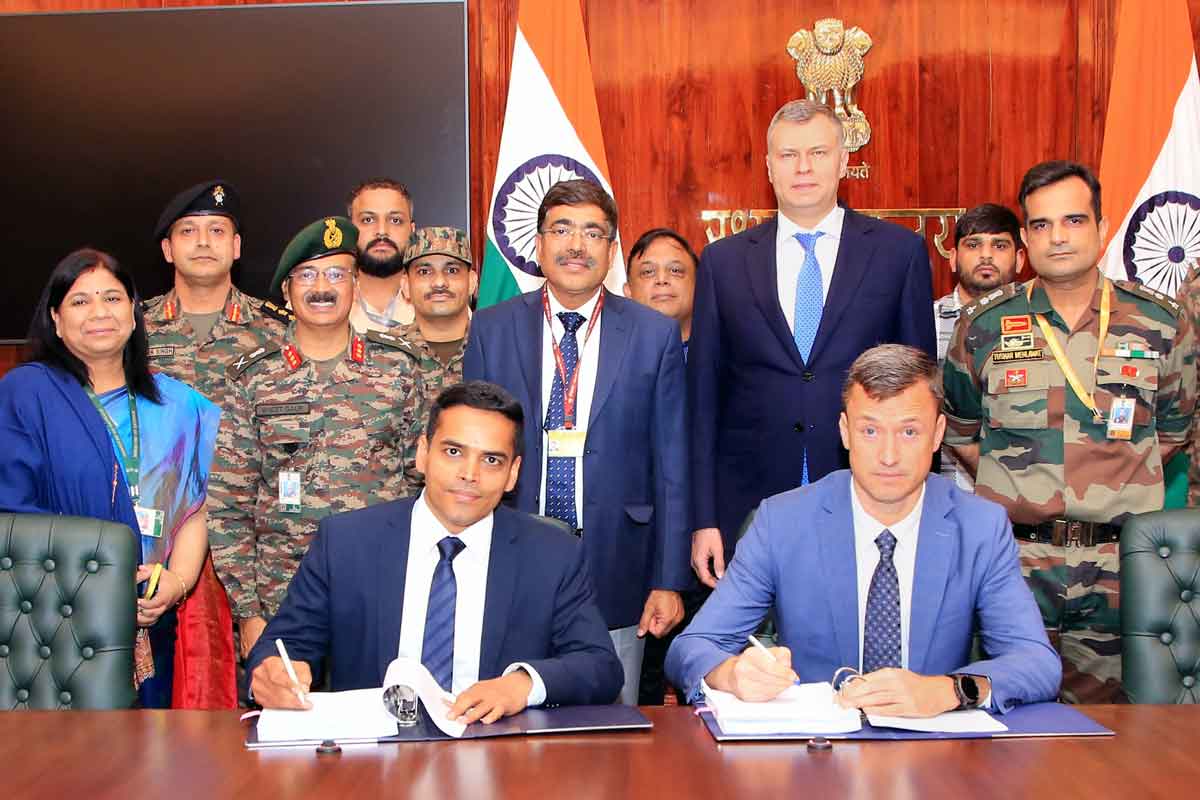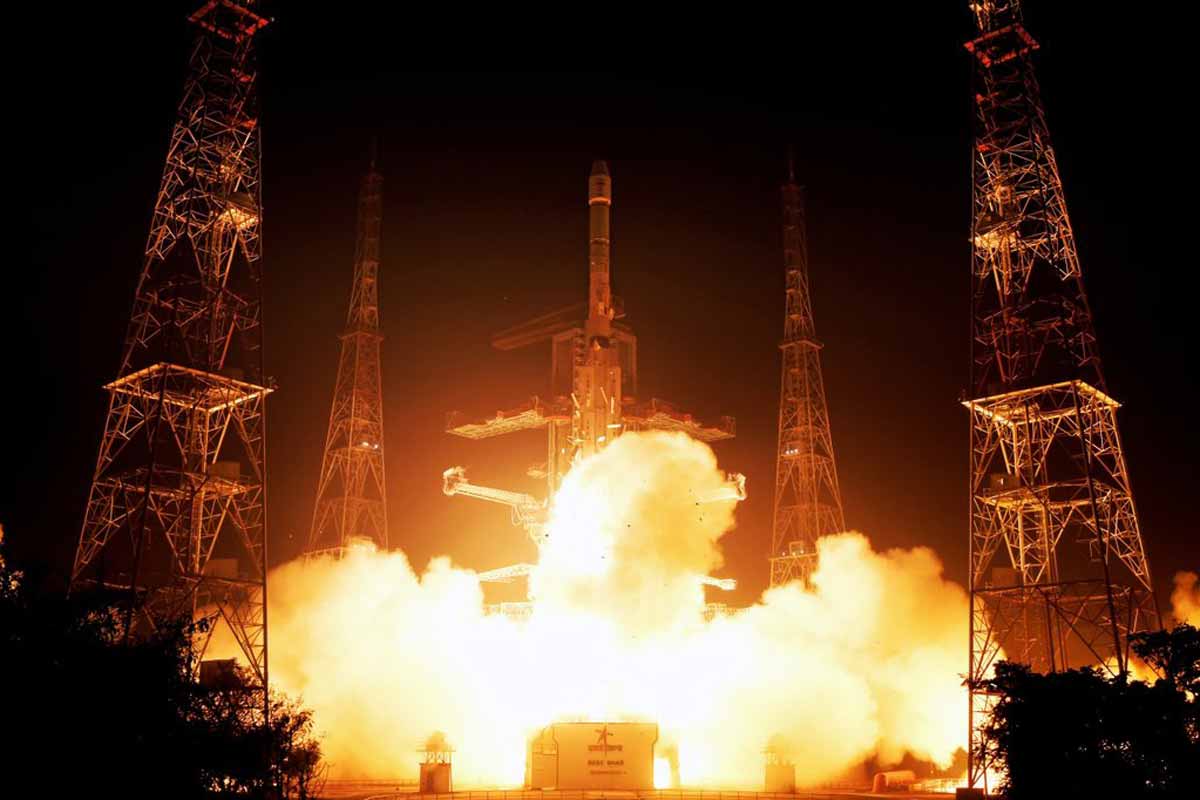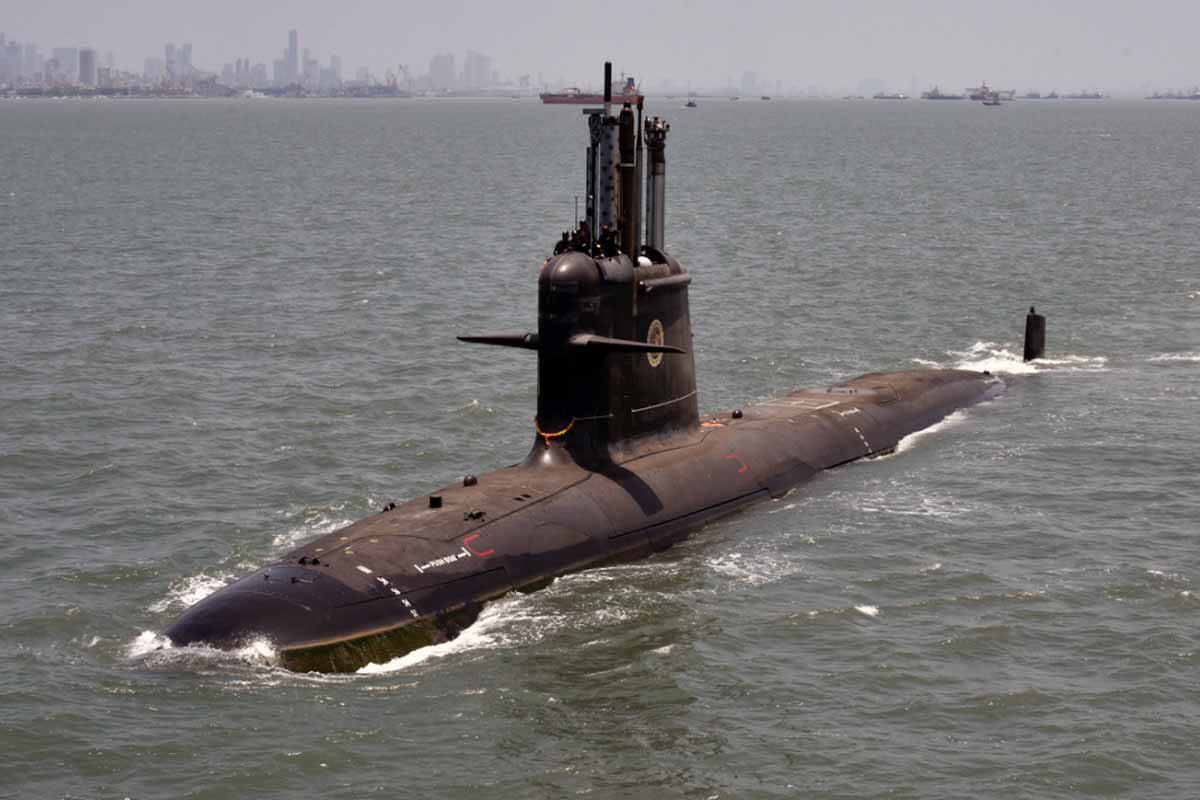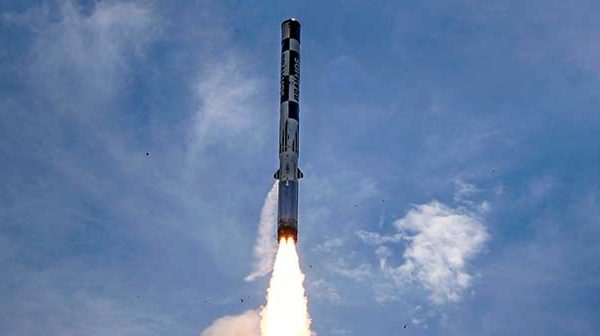Modi 3.0 cabinet: Prime Minister Narendra Modi unveiled his new cabinet on Monday, following his historic third consecutive term victory in the recent Lok Sabha elections. The council of ministers reflects a blend of continuity and change, with several key figures retaining their portfolios and fresh faces being brought in for other crucial positions.
Familiar Faces Remain at the Helm
Key ministers from the previous cabinet, widely credited with spearheading crucial economic and security initiatives, have been retained. This includes stalwarts like:
Rajnath Singh: Defense Minister Singh, a veteran BJP leader, will continue to oversee India’s strategic defense apparatus.
Amit Shah: The Home Minister, known for his strong leadership style, will remain at the helm of India’s internal security affairs.
Nirmala Sitharaman: The Finance Minister, who steered the country’s economic recovery through challenging times, will continue to manage the nation’s finances.
S. Jaishankar: The External Affairs Minister, a seasoned diplomat, will carry forward India’s strategic foreign policy initiatives.
READ: Zen Technologies delivers Zen ADS HK anti-drone system to army
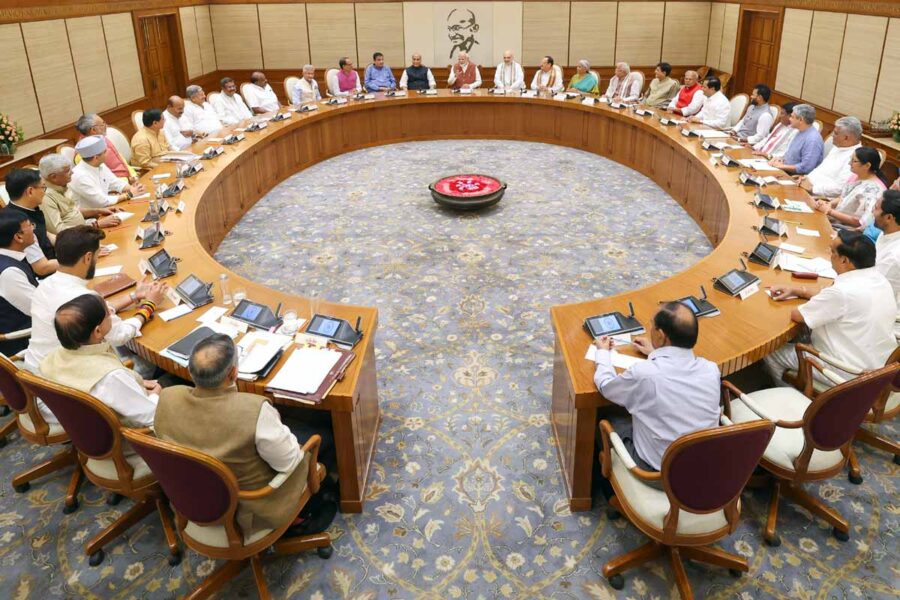
PM Modi chairs 1st cabinet meeting of new government.
READ: HAL conducts successful first flight of Tejas Mk1A fighter
New Blood Injected for Fresh Perspectives
While retaining experienced leadership in core ministries, the cabinet also welcomes several new faces. Some notable inclusions are:
H.D. Kumaraswamy: The leader of the Janata Dal (Secular) party, Kumaraswamy’s inclusion signals a renewed focus on forging alliances with regional parties.
Pemmasani Chandrashekhar & Kinjarapu Ram Mohan Naidu: These two leaders from the Telugu Desam Party (TDP) represent an effort to strengthen ties with Andhra Pradesh.
Jitna Ram Manjhi: The leader of the Hindustani Awam Morcha (Secular) party brings experience in social welfare programs to the cabinet.
READ: Mission Divyastra: DRDO testfires MIRVed Agni-5 ICBM
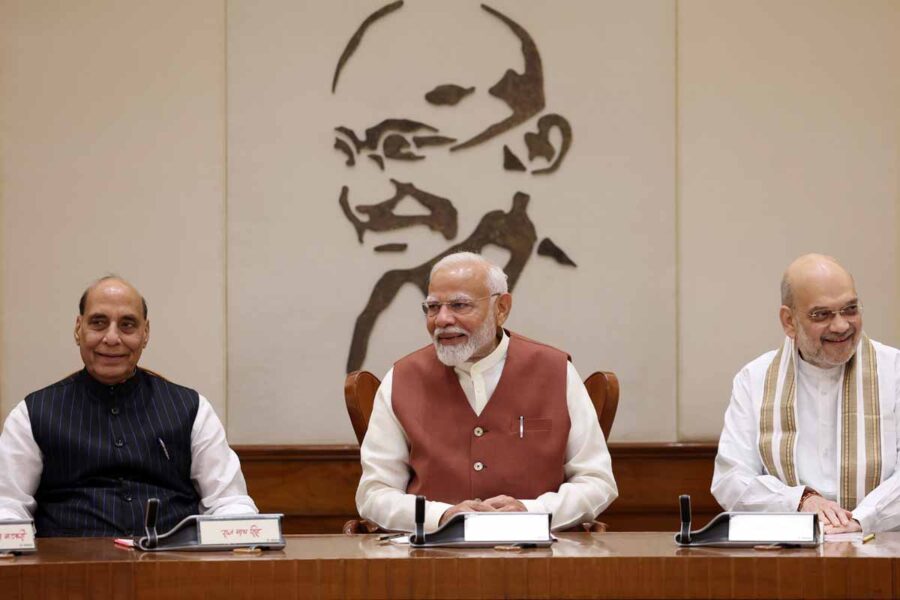
PM Modi with Rajnath (L) and Amit Shah (R).
READ: Yogi inaugurates Adani Group’s mega defence factory in Kanpur
Focus on Growth and Strategic Partnerships
Analysts anticipate the new cabinet to prioritize economic growth, national security, and strengthening regional partnerships. The retention of key economic ministers suggests continued focus on financial reforms and infrastructure development. The inclusion of leaders from regional parties indicates a potential emphasis on addressing state-specific concerns.
With a blend of experience and fresh perspectives, the revamped cabinet is expected to navigate the challenges and opportunities that lie ahead for India. All eyes will be on how this new team tackles issues ranging from job creation and rural development to bolstering India’s position on the global stage.
READ: MoD signs 5 major defence contracts worth Rs 39,000 crore







